The journey towards parenthood is a significant chapter in many individuals’ lives, and understanding one’s fertility plays a crucial role. Ovarian reserve tests are diagnostic tools designed to assess a woman’s reproductive potential by evaluating the quantity and quality of her remaining eggs. In this comprehensive guide, we will delve into the intricacies of ovarian reserve testing, from its types and procedures to its implications and real-life stories.
Definition of Ovarian Reserve Tests
Ovarian reserve tests are medical assessments that provide insights into a woman’s fertility status. These tests gauge the quantity and quality of eggs remaining in her ovaries, offering valuable information about her reproductive potential.
Importance of Ovarian Reserve Tests
Understanding ovarian reserve is vital for individuals planning to start a family or those curious about their reproductive health. Ovarian reserve tests empower individuals to make informed decisions regarding family planning and fertility treatments.
Types of Ovarian Reserve Tests
Anti-Mullerian Hormone (AMH) Test
The AMH test measures the level of anti-Mullerian hormone in the blood, providing an indication of the ovarian egg reserve. This test is considered a reliable predictor of ovarian aging.
Follicle-stimulating hormone (FSH) Test
The FSH test assesses the level of follicle-stimulating hormone in the blood, a key hormone in the regulation of the menstrual cycle. Elevated FSH levels may indicate diminished ovarian reserve.
Antral Follicle Count (AFC) Test
The AFC test involves counting the number of small follicles in the ovaries using ultrasound. A higher AFC may suggest a healthier ovarian reserve.
When and Why Should You Consider Ovarian Reserve Tests?
Age as a Factor
Ovarian reserve diminishes with age, making it crucial for women, especially those in their 30s and 40s, to consider these tests.
Family Planning and Fertility Concerns
For those planning to conceive, ovarian reserve tests provide valuable insights into the timeframe and potential challenges they may face.
Medical Conditions
Certain medical conditions, such as polycystic ovary syndrome (PCOS) or endometriosis, may impact ovarian reserve, making these tests essential for diagnosis and planning.
How Are Ovarian Reserve Tests Conducted?
AMH Test Procedure
The AMH test involves a simple blood draw, typically done at any point in the menstrual cycle, providing a convenient and reliable assessment.
FSH Test Procedure
The FSH test also requires a blood sample, usually taken on the third day of the menstrual cycle, offering insights into the ovarian response to hormonal signals.
AFC Test Procedure
The AFC test employs ultrasound to count the number of antral follicles in the ovaries, providing a visual representation of ovarian reserve.
Interpreting Ovarian Reserve Test Results
Normal Range
A normal range indicates a healthy ovarian reserve, reassuring individuals about their fertility potential.
Low Ovarian Reserve
A low ovarian reserve may signal challenges in conceiving and may prompt discussions about alternative family planning options.
High Ovarian Reserve
While less common, a high ovarian reserve may also have implications for fertility, requiring careful consideration and professional guidance.
Factors Affecting Ovarian Reserve
Age
Age remains a primary factor influencing ovarian reserve, emphasizing the importance of early fertility assessments.
Lifestyle Factors
Certain lifestyle choices, including diet, exercise, and exposure to environmental toxins, can impact ovarian reserve.
Medical History
Individuals with a history of reproductive health issues or surgeries may have altered ovarian reserve, necessitating closer monitoring.
Common Myths and Misconceptions
Ovarian Reserve and Pregnancy
Contrary to popular belief, a healthy ovarian reserve does not guarantee immediate pregnancy, emphasizing the multifaceted nature of fertility.
Misinterpretation of Test Results
Understanding that test results are part of a broader fertility picture helps dispel misconceptions and anxiety.
Alternatives to Traditional Testing
Exploring alternative methods, such as fertility monitoring apps and regular health check-ups, provides a holistic approach to reproductive health.
Benefits and Limitations of Ovarian Reserve Testing
Empowering Family Planning Choices
Ovarian reserve tests empower individuals to make informed decisions about family planning, offering a proactive approach to reproductive health.
Emotional Impact
While these tests provide valuable information, the emotional impact of results should be acknowledged, emphasizing the need for support and counseling.
Limitations and Considerations
It’s crucial to recognize the limitations of ovarian reserve tests and consult with fertility specialists for a comprehensive understanding of one’s reproductive health.
Get to know us better
If you are reading this, you are in the right place – we do not care who you are and what you do, press the button and follow discussions live

Seeking Professional Advice
Consulting with a Fertility Specialist
Seeking guidance from fertility specialists ensures accurate interpretation of test results and personalized recommendations.
Exploring Treatment Options
For those facing challenges, exploring fertility treatment options becomes a significant step towards achieving reproductive goals.
Ovarian Reserve Tests and Menopause
Understanding the Link
Ovarian reserve testing can provide insights into the proximity of menopause, aiding in family planning decisions.
Preparing for Changes
Being aware of ovarian reserve status prepares individuals for the changes that accompany menopause, both physically and emotionally.
Lifestyle Tips to Preserve Ovarian Reserve
Healthy Diet and Exercise
Adopting a healthy lifestyle, including a balanced diet and regular exercise, positively influences ovarian health.
Stress Management
Reducing stress through relaxation techniques contributes to overall reproductive well-being.
Avoiding Harmful Substances
Steering clear of harmful substances, such as smoking and excessive alcohol consumption, safeguards ovarian health.
Ovarian Reserve Testing and Assisted Reproductive Technologies (ART)
In Vitro Fertilization (IVF)
For individuals with diminished ovarian reserve, IVF can be a viable option for achieving pregnancy.
Egg Freezing
Preserving eggs through freezing offers a proactive approach for women who wish to delay childbearing.
Real Stories: Personal Experiences with Ovarian Reserve Testing
Positive Outcomes
Sharing stories of successful pregnancies and overcoming fertility challenges inspires hope and resilience.
Challenges and Coping Strategies
Acknowledging the challenges individuals face and discussing coping strategies fosters a supportive community.
Future Trends in Ovarian Reserve Testing
Advancements in Technology
Ongoing research and technological advancements hold the promise of more accurate and accessible ovarian reserve testing methods.
Research and Development
Investments in research contribute to a deeper understanding of ovarian reserve, paving the way for innovative fertility solutions.
Conclusion
Recap of Key Points
Understanding ovarian reserve is a pivotal step in family planning, and ovarian reserve tests provide valuable insights into fertility potential.
Empowering Individuals through Knowledge
Armed with information, individuals can navigate their reproductive journey with confidence, making informed choices for their future.
FAQs – Frequently Asked Questions
- Are ovarian reserve tests only for women planning to conceive?
No, ovarian reserve tests are valuable for any woman curious about her reproductive health, regardless of immediate family planning goals.
- Can a high ovarian reserve affect fertility negatively?
Yes, in some cases, a high ovarian reserve may lead to conditions like polycystic ovary syndrome (PCOS), impacting fertility.
- Are there natural ways to improve ovarian reserve?
Adopting a healthy lifestyle, including a balanced diet, exercise, and stress management, can positively influence ovarian health.
- Do ovarian reserve tests predict the exact time of menopause?
While they offer insights, ovarian reserve tests cannot precisely predict the timing of menopause.
- Is emotional support important during the ovarian reserve testing process?
Absolutely, as the results may have emotional implications, seeking support from friends, family, or professionals is beneficial.







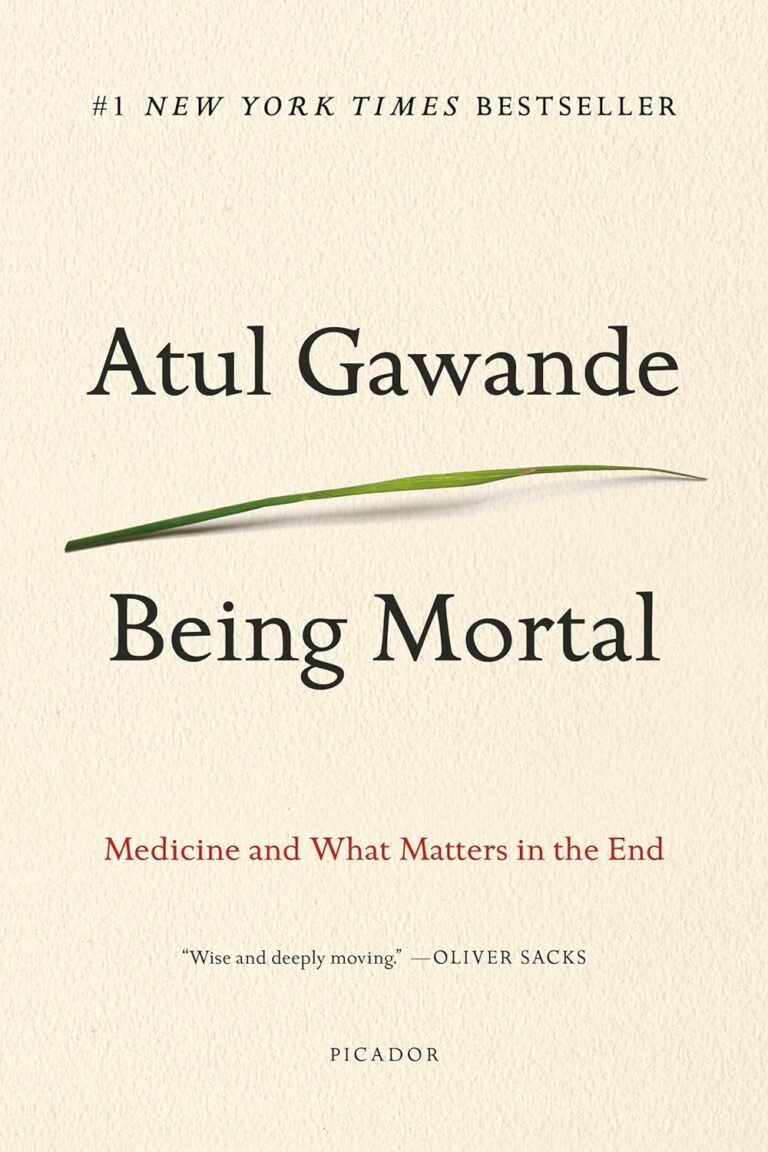


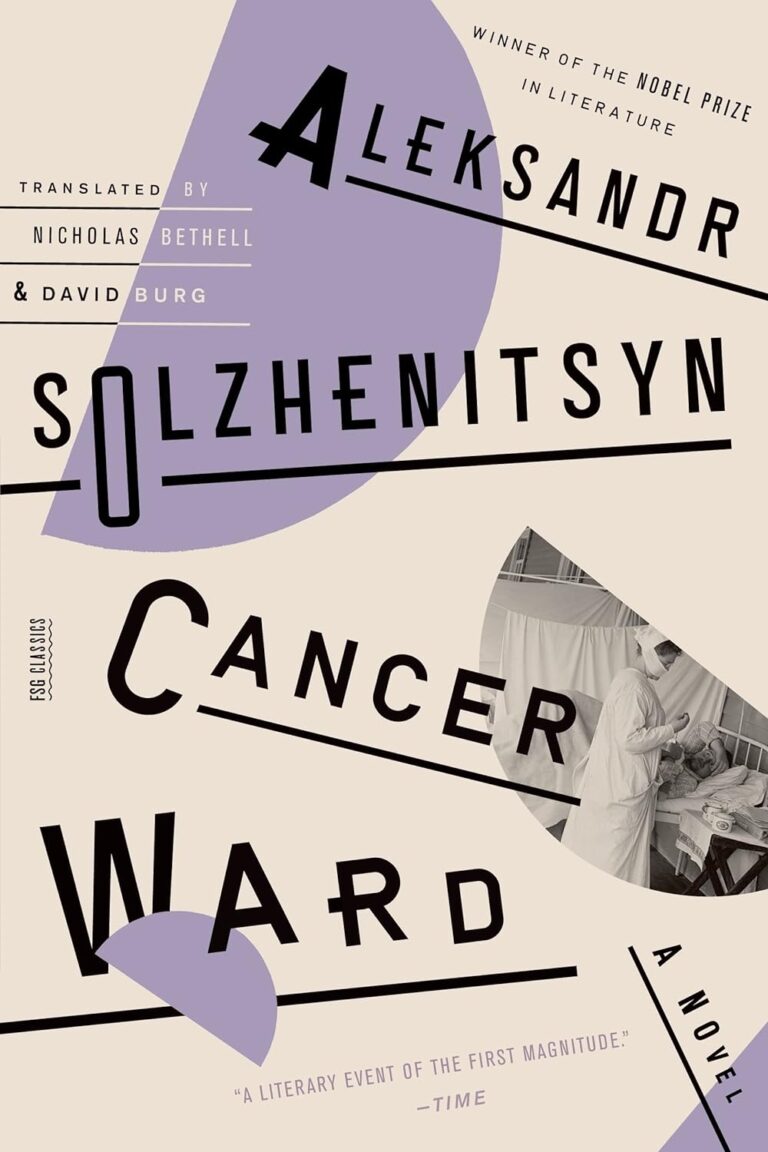

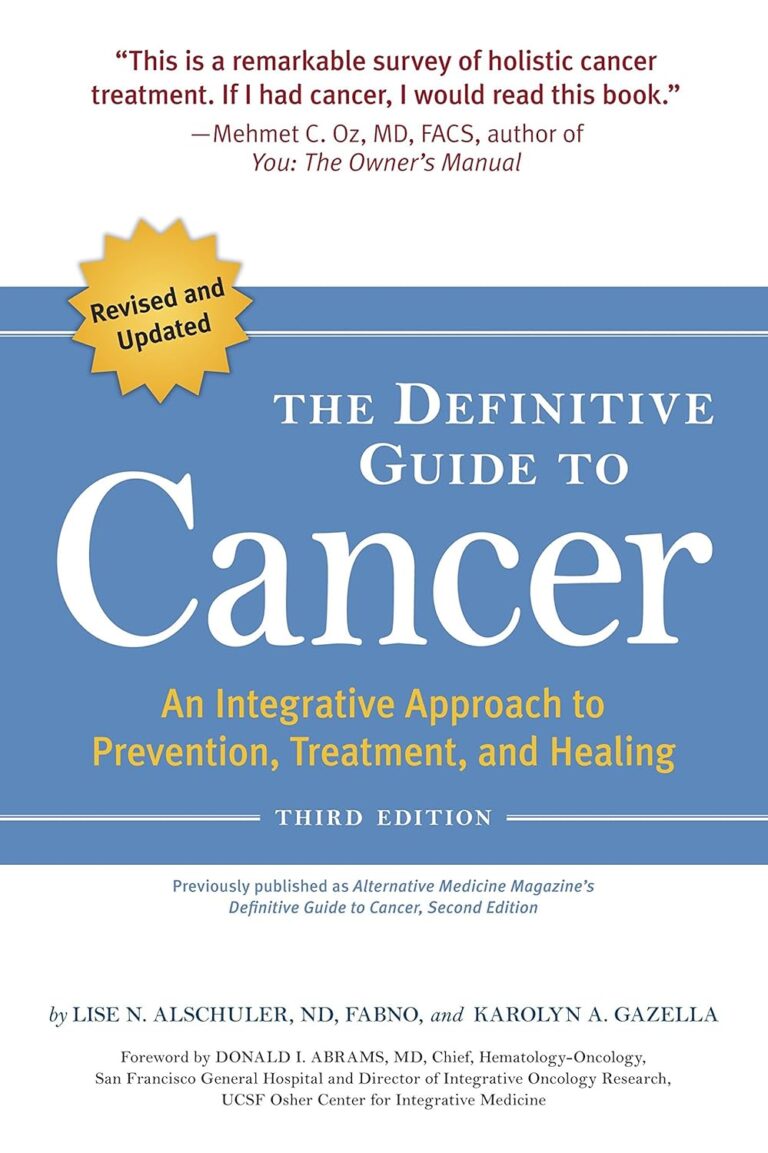

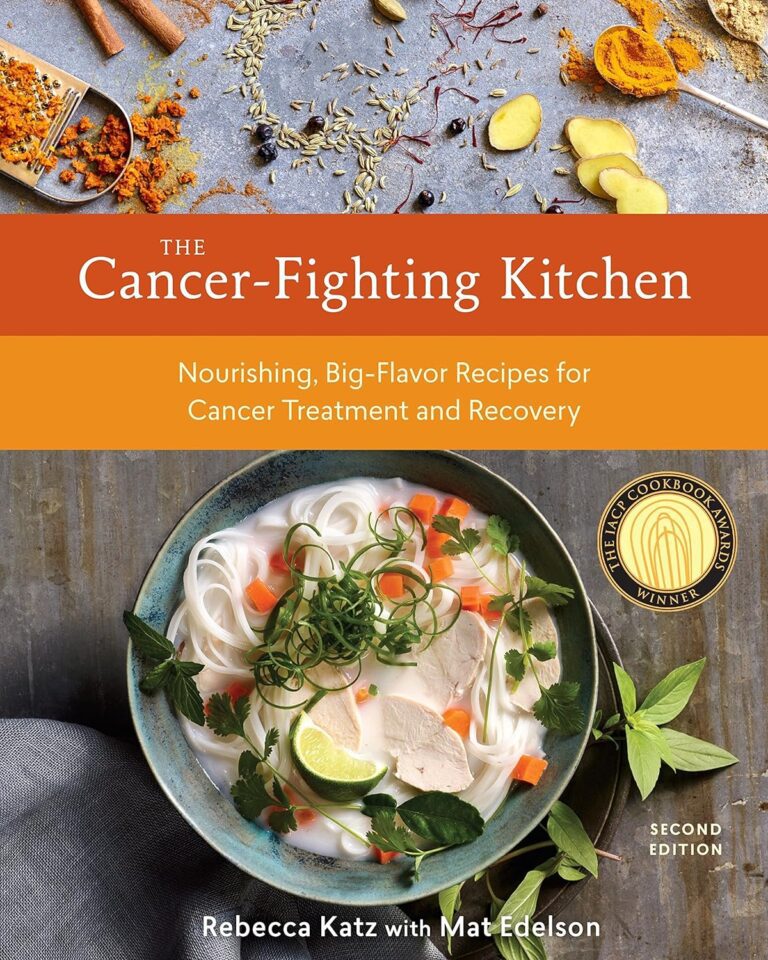

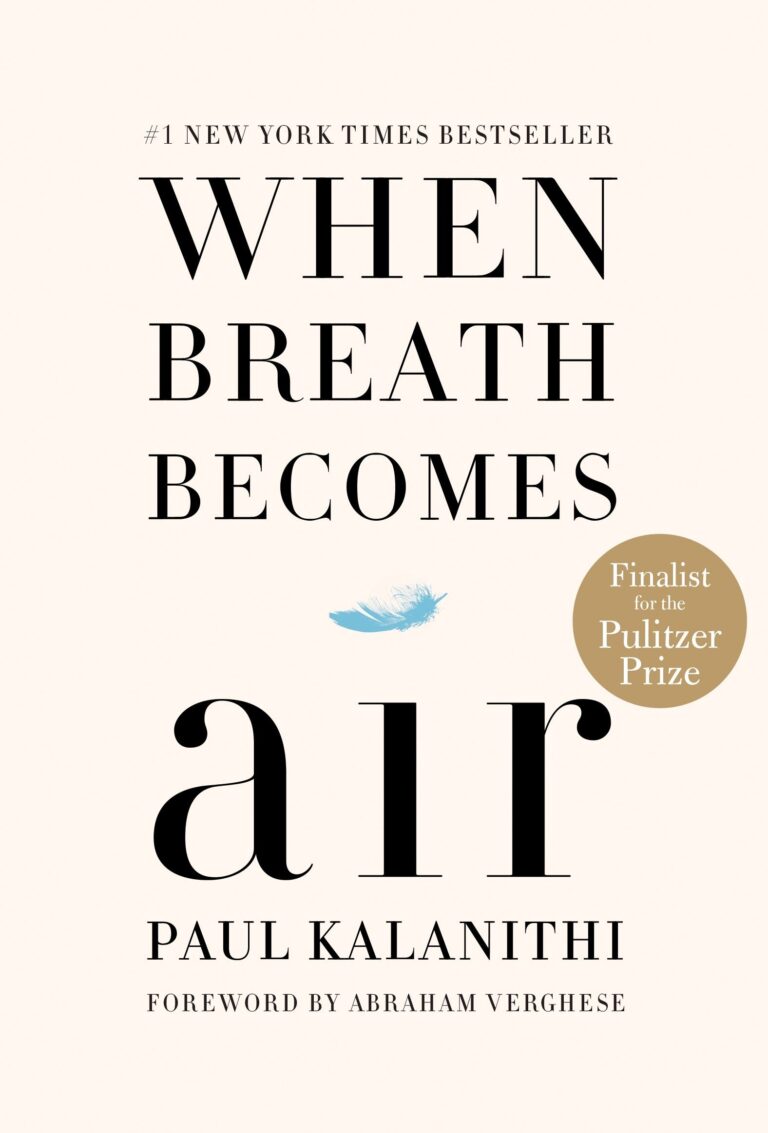

Comments
Thank you. Comment sent for approval.
Something is wrong, try again later